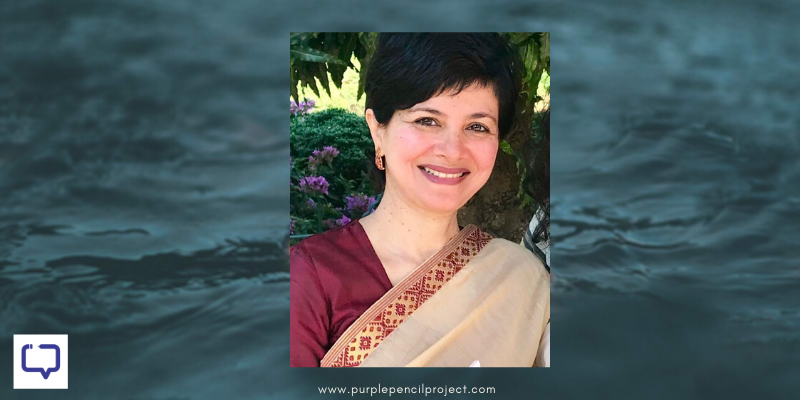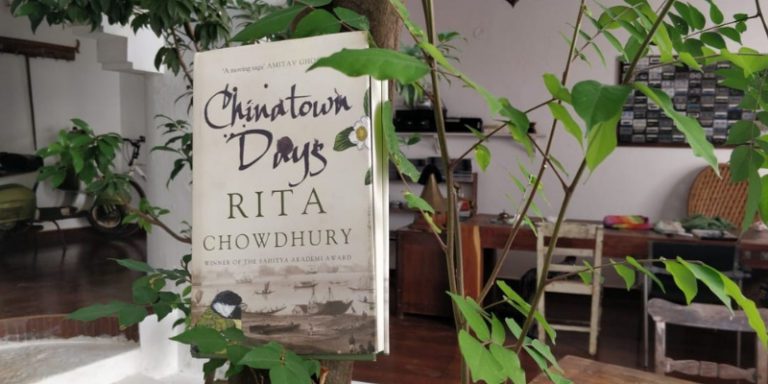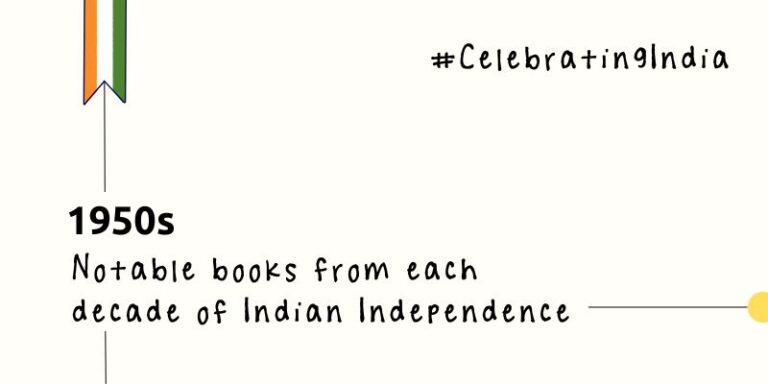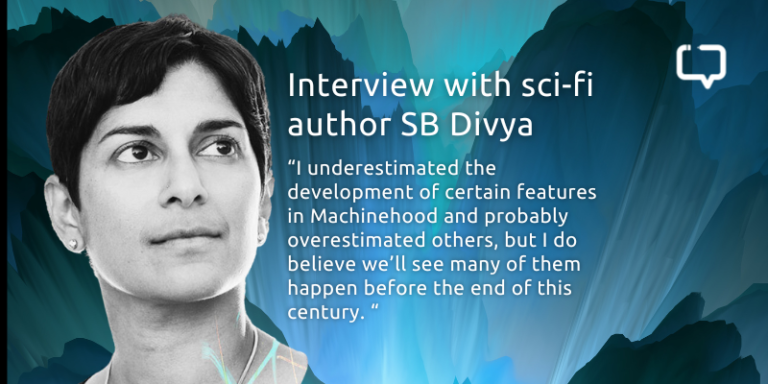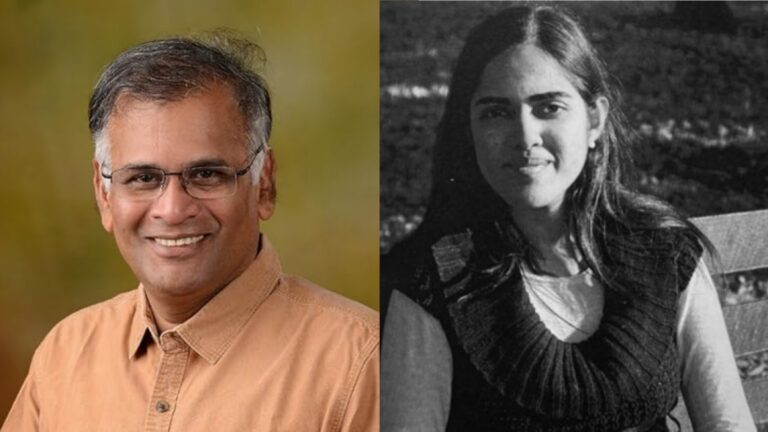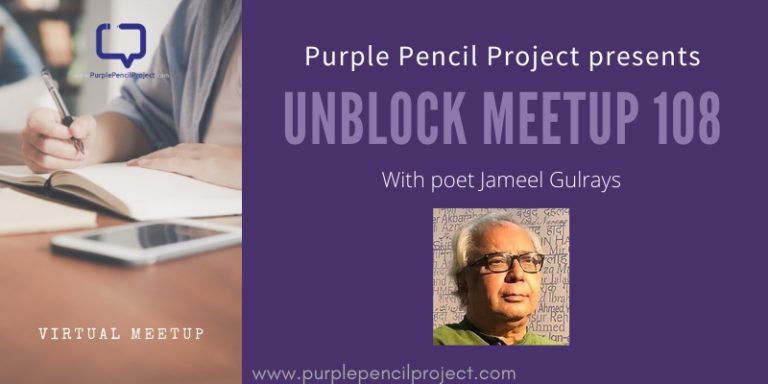Jahnavi Barua is an Indian writer based in Bangalore. Next Door (Penguin India, 2008), her debut collection of short stories was longlisted for the Frank O’Connor International Short Story Award. Her next, a novel called Rebirth (Penguin India, 2010), was shortlisted for the Man Asian Literary Prize and theCommonwealth Writers’ Prize. The third, Undertow, a novel, was published by Penguin Random House India (Viking Books) in February 2020 and was longlisted for the JCB Prize for Literature 2020.
She was born in Guwahati and raised between Assam, Meghalaya, Delhi and Manchester.

To begin with, what does it mean to you to represent the voice of Assamese and the idea of displacement (on a macro level) through Undertow.
a. Talking about displacement on a personal level, there is a similarity in Rebirth and Undertow. In Rebirth, Kaberi, the protagonist, is a quiet wife who seeks pleasure in doing things that pleases her husband and keeps his routine going. From Assam to Bangalore post-marriage, her husband deserts her for another woman. Even in Undertow, Rukmini, Alex’s wife, finds herself losing to a bold, tall woman after a decade of marriage. What is the reason behind this common thread underlying both these works?

Jahnavi Barua: The themes of home and homecoming are ones that have always interested me. By home, I mean many things such as identity, family, place and roots. In both Rebirth and Undertow, I have explored the themes of home and homecoming through the journeys of Kaberi and Loya. Home is explored at many levels: at that of place,at that of the physical home, even people and finally, at that of the virtual home where you feel accepted and loved. While both these women are looking for home, their circumstances and history are obviously different. As they negotiate their paths, their journey holds up a mirror to the situation of Assam and other parts of North-east India, areas which have been examining their position within the nation for some time now. In a sense, they have been looking for home too. I don’t think there is a common thread between Kaberi and Rukmini. While Kaberi is quiet, she is not passive and is determined and resilient. Rukmini on the other hand, possesses a strong will too but is entirely passive in her engagement with the world.
What major misconception do you think people have when it comes to writings of northeastern India?
a. Recently, we spoke to Easterine Kire and discussed how the representation in the media of north-east was heavily centered on conflict and violence. How do you think authors and artists are responding to this representation?
Jahnavi Barua: I am not sure what misconceptions people have about the writings of North-East India but overall I think the Northeast is perceived as a place caught in the grip of violence and conflict. This is not necessarily true as around conflict normal life does carry on. Also the communities of this region are generally very hospitable, welcoming and courteous. Authors can change this by illuminating this fact, as I have always sought to do in my work.
It was after ten years that you came out with your third book:
a. When did the idea for Undertow first take shape? What influenced or inspired it? For an idea that has a long gestation period, how do you sustain your enthusiasm for it over a long period of time?
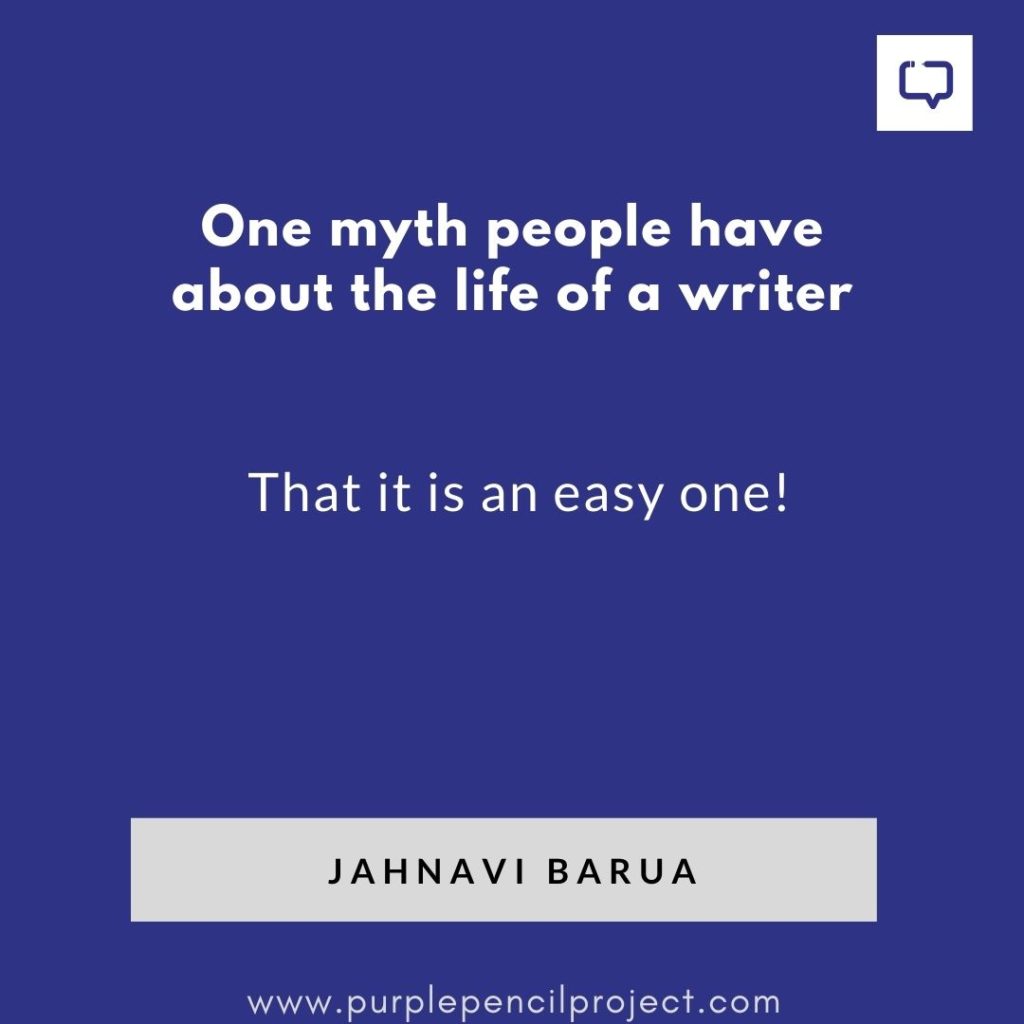
Jahnavi Barua: The idea for Undertow came to me around ten years ago and was inspired by themes close to my heart such as home and homecoming; the complex nature of family and the formidably complex nature of love. It was my enthusiasm for these themes that sustained my interest in the writing of the book for nine long years.
Speaking about the process and craft of writing; what is the one writing advice you received at the beginning (or during your creating writing studies in the UK) which holds fundamentally true?
Jahnavi Barua: There was no fundamental piece of advice that I received on my short writing course, but my own steadfast principle is to write with sincerity and honesty.
Is there a difference in Assam’s and Bangalore’s literary culture? Could you highlight some of these experiences?
Jahnavi Barua: Not really. The space around the writing in English is similar in many ways in both places and remarkably so in that the writers from both places are very gracious and supportive.

I want to talk about Jahnavi Barua the reader: what stories and books did you grow up reading? What was the storytelling culture like? What do you enjoy reading these days? Short stories, non-fiction, fiction? Which authors do you read? Who are your favourite Indian writers?
Jahnavi Barua: I read widely and voraciously when I was growing up so cannot even attempt to make a list. The same applies to my current reading, but I will name a few. Among,my favourite writers are Alice Munro, Kazuo Ishiguro, JD Salinger, Toni Morrison, Anita Desai, Shashi Deshpande,JM Coetzee. I have a passion for short fiction and do not read much non-fiction.
For those looking to engage with Assam, would you recommend some fiction titles? What are some lesser-known writers or translations from Assam that you think are worthy of a mention?
Jahnavi Barua: There are many excellent writers one can read from the North-East — Mamang Dai, Dhruba Hazarika, Mitra Phukan, Aruni Kashyap and Janice Pariat among others.
Are you currently working on something? Could you share with us some details about it?
Jahnavi Barua: No, I am not working on anything on anything right now.








